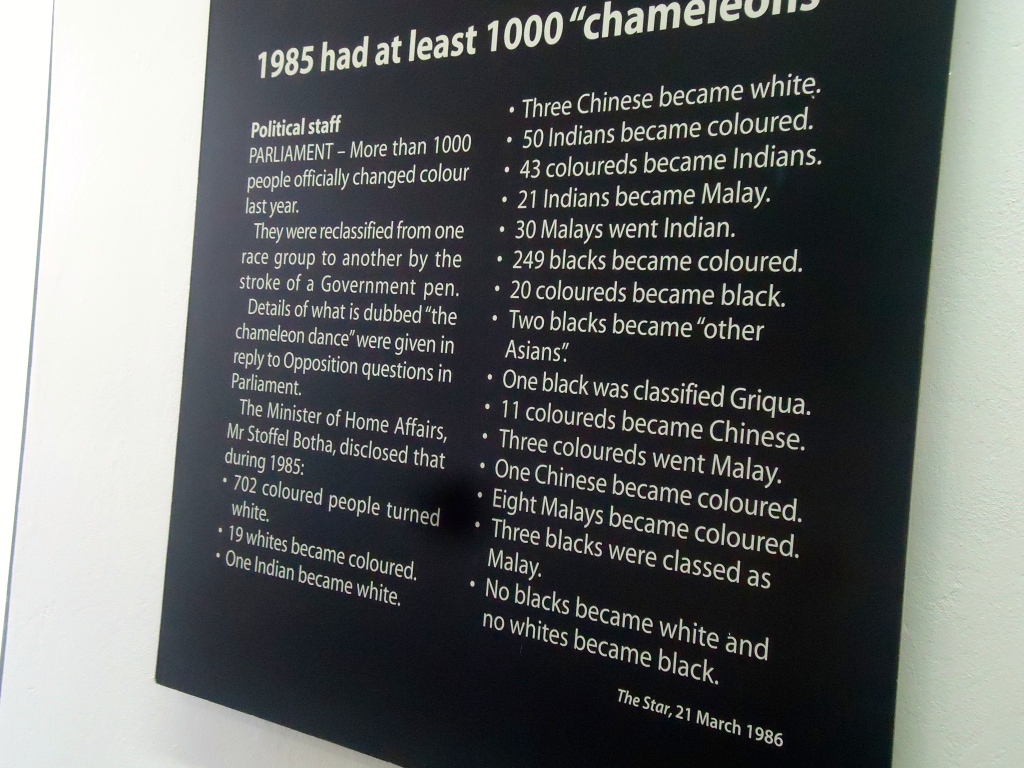“But all our phrasing – race relations, racial chasm, racial justice, racial profiling, white privilege, even white supremacy – serves to obscure that racism is a visceral experience, that it dislodges brains, blocks airways, rips muscle, extracts organs, cracks bones, breaks teeth. You must never look away from this. You must always remember that the sociology, the history, the economics, the graphs, the charts, the regressions all land, with great violence, upon the body.” ~ Ta-Nehisi Coates, Between the World and Me
“This is the foundation of the Dream – its adherents must not just believe in it but believe that it is just, believe that their possession of the Dream is the natural result of grit, honor and good works. There is some passing acknowledgement of the bad old days, which, by the way, were not so bad as to have any ongoing effect on our present. The mettle that it takes to look away from the horror of our prison system, from police forces transformed into armies, from the long war against the black body, is not forged overnight. This is the practiced habit of jabbing out one’s eyes and forgetting the work of one’s hands. To acknowledge these horrors means turning away from the brightly rendered version of your country as it has always declared itself and turning toward something murkier and unknown. It is still too difficult for most Americans to do this. But that is your work. It must be, if only to preserve the sanctity of your mind.” Ta-Nehisi Coates, Between the World and Me
There are some books that everyone needs to read – that have to be taught in each high school, that must be discussed and read in every family, that simply need to be read by as many people as possible. “Between the World and Me” by Ta-Nehisi Coates is one of those books. At a 166 pages it is a short book, but a vital and essential text.
The book is structured as a monologue about the experience of being black and male in America by Coates to his son. It opens with Coates doing a media interview in which the reporter asked him to speak about what he means when he speaks of “losing his body” and asks him why he states in his writing that America’s progress is built on looting and violence. The interview leaves Coates feeling saddened and exhausted by the question, and from this experience the book delves into the experience of being black in America. Though there is a great deal that has changed between him being a young man and the childhood of his son, so much has stayed the same. The structural violence and oppression is the same, the fear of losing one’s body through police violence is the same, the erasure of black bodies in the education system is the same, the insistence of White society that everything is fine is the same. It’s a powerful read because Coates is unrelenting in his language. Instead of allowing you to think about the millions of people who were enslaved, he draws you to think about one particular slave, someone who fights their sister, who loves their parents, who has the same colour and texture and complexity in their life that one recognizes in their own life. Instead of thinking about police brutality in the abstract and thinking of all the men and boys who have died through no fault of their own, we are introduced to his Howard University classmate Prince Jones. The book is clearly and beautifully written, and there is no way to walk away from this book and say you do not understand issues of race in America. It is a book that makes you restless, that makes you question and reject capitalistic dreams of progress, that makes it difficult to continue to sleep. You cannot walk away from this book without the pieces of your soul and being shifting.
I read this book from Johannesburg and though South Africa is not America, this book helped me understand my new context better. In the Future Leaders Fellowship I’m doing right now with the Auwal Socio-Economic Research Institute we’ve been having lots of discussion amongst each other and within the sessions about race and class and how exhausting it is having to explain oppression to those who don’t understand/haven’t experienced it before, and though my experience is not the same, I have felt that feeling of exhaustion before in North America when having to explain Islamophobia/racism over and over again. When it comes to understanding issues of race in South Africa, Ta-Nehisi Coates’s book is one I will recommend to others who are unaware of issues of privilege and systemic, structural oppression. The book is an excellent primer that covers a lot of ground, and a good introduction before reading other texts.
